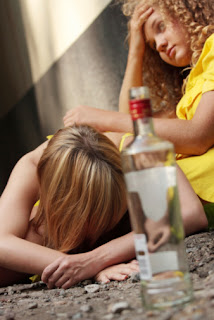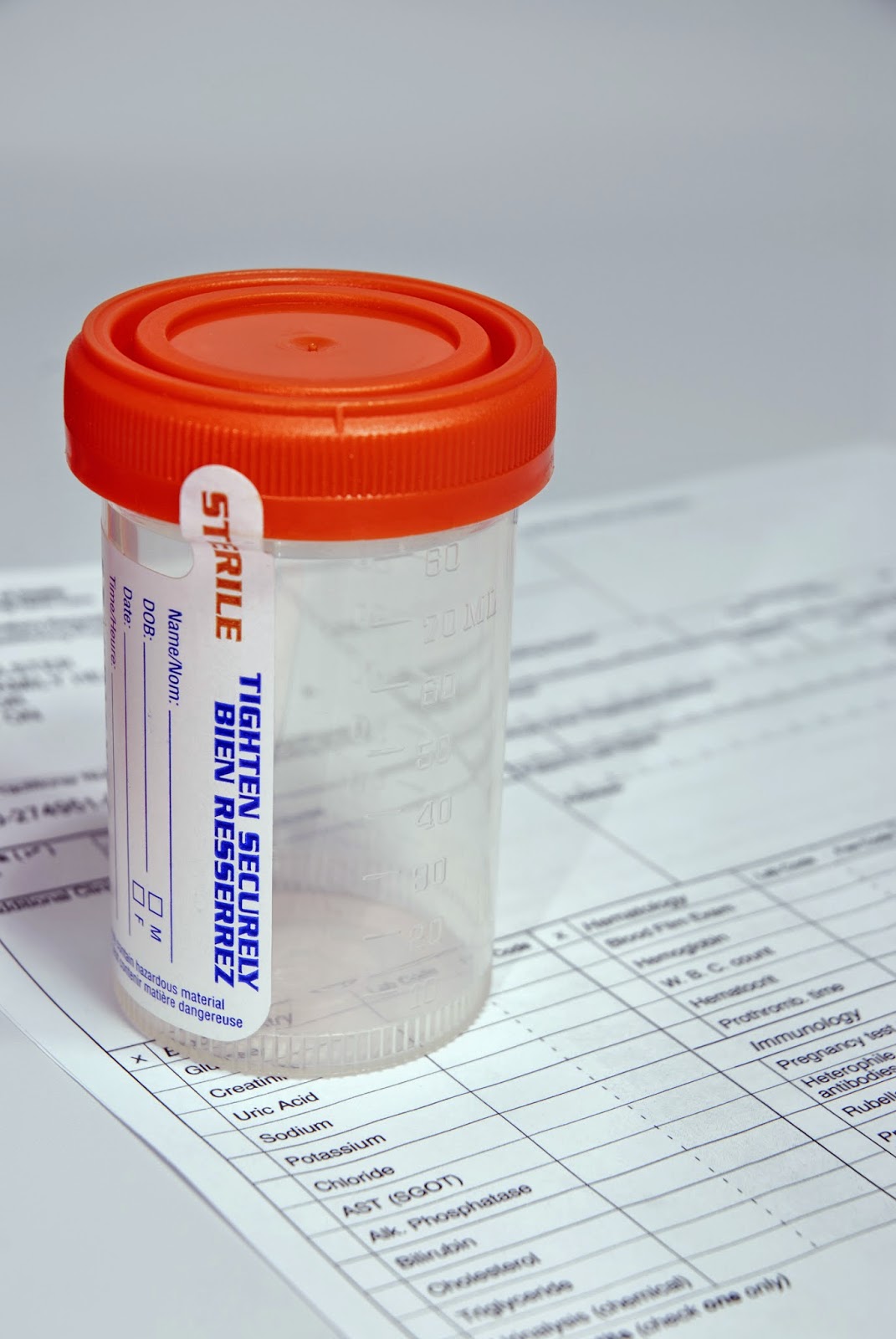Why wouldn't a parent hosting a party want to call an ambulance?
 As I've said a number of times before I am extremely fortunate to often receive wonderful emails from young people thanking me for the sessions I provide in schools. Sometimes these include stories about experiences they have had where they have had to use the information I give in my talks to help their friends and others, particularly in a party setting.
As I've said a number of times before I am extremely fortunate to often receive wonderful emails from young people thanking me for the sessions I provide in schools. Sometimes these include stories about experiences they have had where they have had to use the information I give in my talks to help their friends and others, particularly in a party setting.This week I received one such email:
I just wanted to say thank you for all you have taught me and my class mates over the past three years as recently this information has been useful to me. Last weekend one of my good friends was at a party with me and he decided to drink around 3 quarters of a bottle of vodka, eventually around the end of the night I was called over to come and look after him as he had thrown up, we put him in a chair but after a while my friend and I both started to notice that he was foaming at the mouth and he was not responding to our attempts to keep him conscious. We had tried to reach his mother on his phone, however, his phone was locked and we could not get in, I told my friend that if his mother did not show up soon to call the ambulance. We had to call the ambulance eventually and I was very proud of my friend to have the courage to do it as many people, including parents at the party, were saying that he would be fine and that we didn’t need to be so dramatic. I feel that your talks with us gave her and myself the confidence to take this big step. When we were on the phone to 000 we turned my friend (the boy who had been foaming at the mouth) onto his side into the recovery position and waited for the ambulance to arrive. The doctors and nurses eventually told us that he had a blood alcohol level of 0.25 and that he was lucky to have friends like us that were brave enough to call because if he had gone home by himself he would have either, choked on his own vomit, or gotten alcohol poisoning. So I just wanted to thank you for the helpful information that you had provided us with as it was a very scary ordeal.
How wonderful that the young woman had the 'guts and gumption' to make that judgement call and ring for an ambulance ... but really, how appalling is it that "many people, including the parents at the party, were saying that he would be fine and that ... (she) ... didn't need to be so dramatic"? The young man was foaming at the mouth, barely conscious and the parents at the party said to this young woman that she was being dramatic because she wanted to call an ambulance - what were they thinking?
Over the years I have received a number of emails like this, as well as meeting young people in schools and their parents, who have told similar stories. All had the same common thread that someone (whether it be a young person attending, or a parent who was helping supervise, a party) became concerned that someone needed medical help after drinking too much and when ringing an ambulance was suggested the parents who were hosting the event fought them making the call. As I always say to students during my presentations, 'follow your heart, if the situation doesn't feel right, it probably isn't! If you want to call for help, call!' It may sound corny and, yes, sometimes the 'follow your heart' line gets a laugh from some in the audience, but it's a powerful message and one I hope gets through to young people.
So why in heaven would a parent refuse to call an ambulance to a teen who is obviously extremely unwell? Is it just plain stupidity or is it that they're frightened that all of a sudden the party they're hosting will come under scrutiny? Could it be that it's all about 'saving face' and 'what would the neighbours say'? Or is it that their attitude to alcohol and drunkenness has got in the way - i.e., I've seen lots of drunk people, some in a very bad state, and they've all survived the experience? In truth, I think it's most probably a bit of all of these and a whole lot more.
Certainly some parents don't want ambulances called to their home because they have lied to other parents about whether or not alcohol would be provided, available or tolerated. It still amazes me how many parents do this. How anybody would possibly think it would be appropriate to lie to a parent of a teen when specifically asked if alcohol will be tolerated at a party is beyond me - but it happens all the time. Unfortunately it's not always good enough to just make the phone call to the parent hosting the event to find out what will be going on, you really do need to drop your teen off at the party and have a good look around to check it out (if you're not going to actually go in and meet the parents, which would totally mortify your son or daughter, park outside the house and take a minute or two to see what is going on). Your child is certainly not going to like the idea, but for Year 10s and below (at least) it's a necessity!
That all said, I still believe the biggest problem is ignorance. Much of what many of our beliefs around alcohol are based on 'urban myth' and personal experience. Most of us remember looking after drunk friends when we were younger and even though much of what we did was potentially dangerous and most probably didn't help at all, our friends survived. I remember putting the first drunk person I ever looked after under a cold shower when I was 18. I must have seen it on TV or in the movies and even though this couldn't help in a million years, nothing bad happened and my friend eventually sobered up. I really did believe that it had worked at the time! Of course I now know how dangerous that was - he could have fallen over, hit his head, or smashed through the shower screen - and of course, cold water can't sober someone up, it just doesn't make sense! The only reason something bad didn't happen was 'good luck'!
For a parent to think that because people they know survived a bad experience with alcohol that others will too is just plain stupid! We have young people who care about each other and want to do the right thing. When adults try to stop them due to their fear or ignorance it is highly distressing and extremely dangerous.



Really great post, Thank you for sharing This knowledge.Excellently written article, if only all bloggers offered the same level of content as you, the internet would be a much better place. Please keep it up! http://gogetspace.com/seo_hosting.php
ReplyDelete